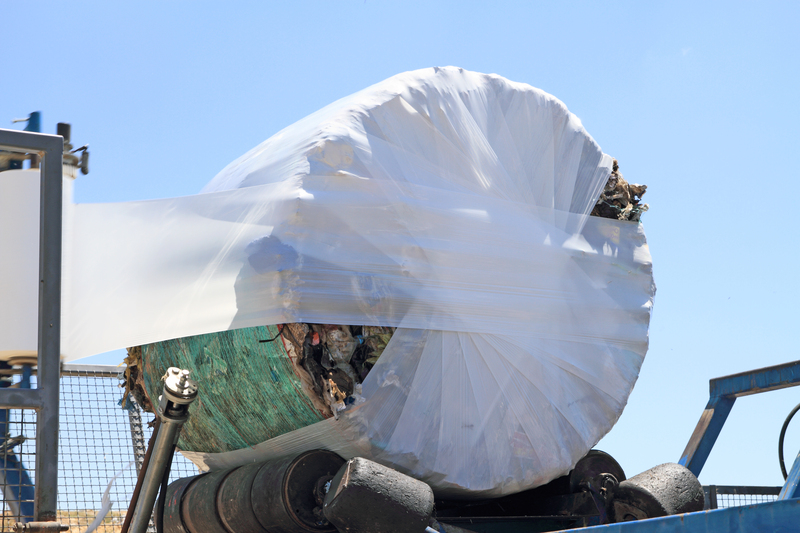Innovative Methods for Recycling Food Waste in Eateries
In recent years, the conversation around sustainability has gained significant momentum, especially in the food industry. Eateries are under increasing pressure to adopt environmentally friendly practices, with a particular focus on how they handle food waste. Here, we explore innovative methods that restaurants and cafes can use to effectively recycle food waste, turning potential waste into valuable resources.

The Importance of Recycling Food Waste
Food waste is a major environmental issue, contributing to greenhouse gas emissions and resource depletion. Eateries, from fast-food chains to high-end restaurants, are notable contributors to this problem. Effective recycling of food waste not only helps in reducing environmental impact but also enhances brand reputation and can lead to cost savings.
1. Composting: A Traditional Approach with a Modern Twist
Composting is one of the most common methods of recycling food waste and has been revitalized with modern technology and practices. By turning food scraps into compost, eateries can reduce landfill contributions and generate nutrient-rich soil.
- Aerated Static Pile Composting: This method involves layering food waste with materials like wood chips to speed up decomposition using an air system.
- In-Vessel Composting: A more advanced version that involves mixing organic waste in a drum, silo, or other closed container, maintaining optimal conditions for faster composting.
- On-Site Composting Systems: Compact systems allow eateries to compost food waste on-premises, reducing waste disposal costs and producing compost for local use.
2. Anaerobic Digestion: Generating Energy from Waste
Anaerobic digestion is a cutting-edge technology that involves breaking down food waste in the absence of oxygen to produce biogas and digestate. The produced biogas can then be used as a clean energy source.
- Biogas Generation: Offers eateries a sustainable way to generate energy used for heating or electricity.
- Partnerships with Energy Providers: Restaurants can partner with energy companies that invest in anaerobic digestion, thus contributing to a circular economy.
3. Innovative Food Rescue Apps
The rise of food rescue apps provides eateries with a platform to recycle food waste by connecting them with customers and community members who can use excess food.
- Too Good To Go: This app allows eateries to sell surplus food at a reduced price, minimizing waste and reaching new customers.
- Local Food Banks and Shelters: Apps help coordinate quick pickups and deliveries to organizations in need, ensuring that leftover food is directed to those who can benefit from it.
4. Vermiculture: Harnessing Worms for Waste Management
Vermiculture, or worm farming, is an innovative method for recycling food waste, using worms to decompose organic matter efficiently.
- Eco-Friendly Decomposition: Worms break down food waste into high-quality compost, beneficial to farmers and gardeners.
- Compact Systems: Suitable for eateries with limited space who still wish to engage in sustainable waste reduction practices.
5. Advanced Recycling Technologies
Emerging technologies are providing new ways for eateries to manage and recycle food waste.
- Food Waste Dehydrators: These machines significantly reduce the volume and weight of food waste through dehydration, making it easier to store and transport.
- Bio-Hybrid Systems: Combining biological treatments with technological solutions to optimize waste decomposition and recycling processes.

Conclusion: Embracing Sustainable Practices
The challenge of food waste presents an opportunity for the food service industry to innovate and lead in sustainability. By employing these advanced methods for recycling food waste, eateries can turn a problem into a promise - a promise to support a healthier planet and a sustainable future. The key is to implement a balanced approach that combines tradition with innovation, aligning both economic and environmental goals.
These methods do not just reduce the carbon footprint but enhance the community's awareness of sustainability. As eateries continue to adopt and refine these practices, the benefits will be seen across the board - from reduced waste and improved soil quality to renewable energy production and increased consumer satisfaction. Embracing these trends is not just a choice but a necessity in the ever-evolving landscape of environmental responsibility.